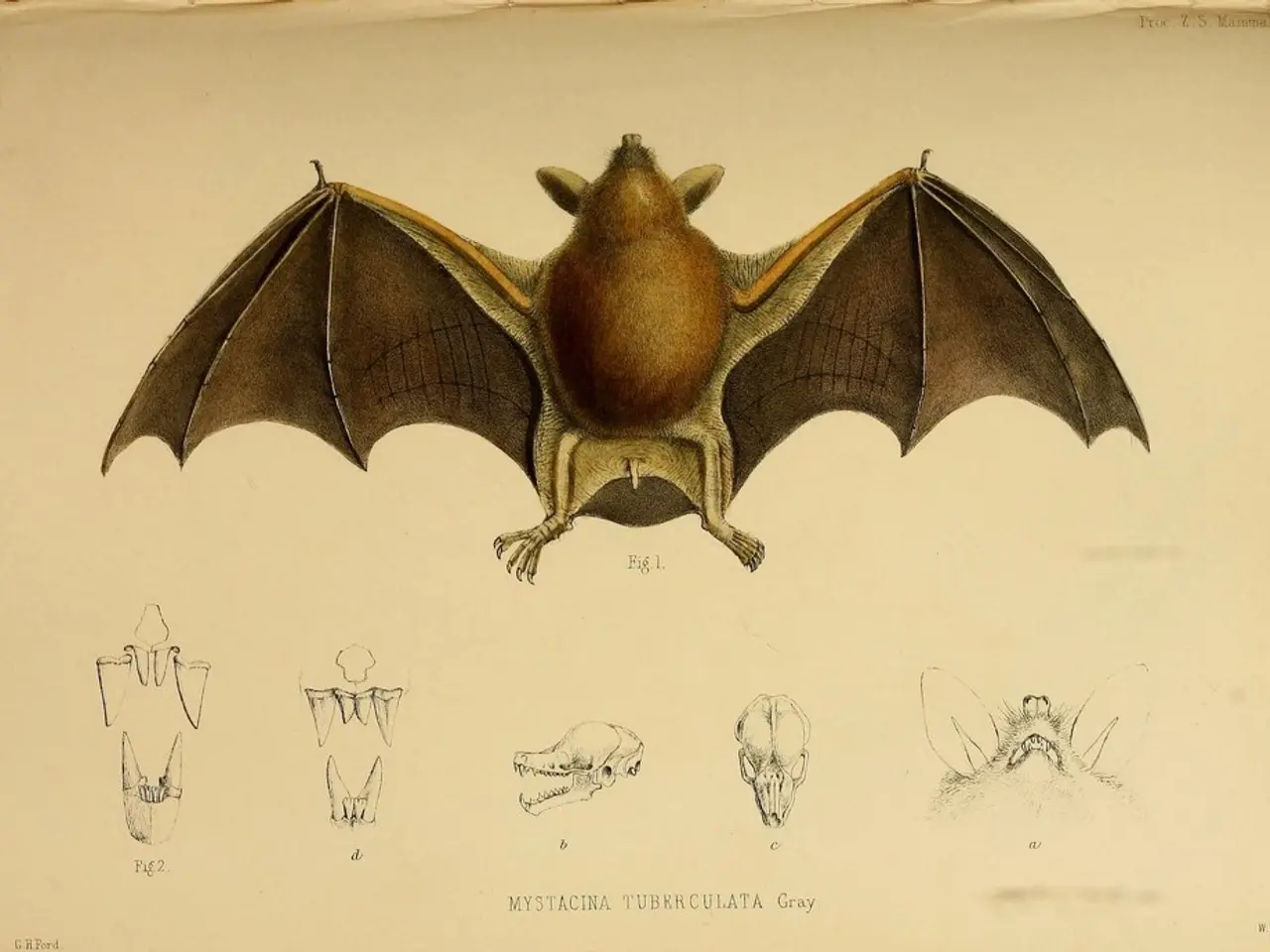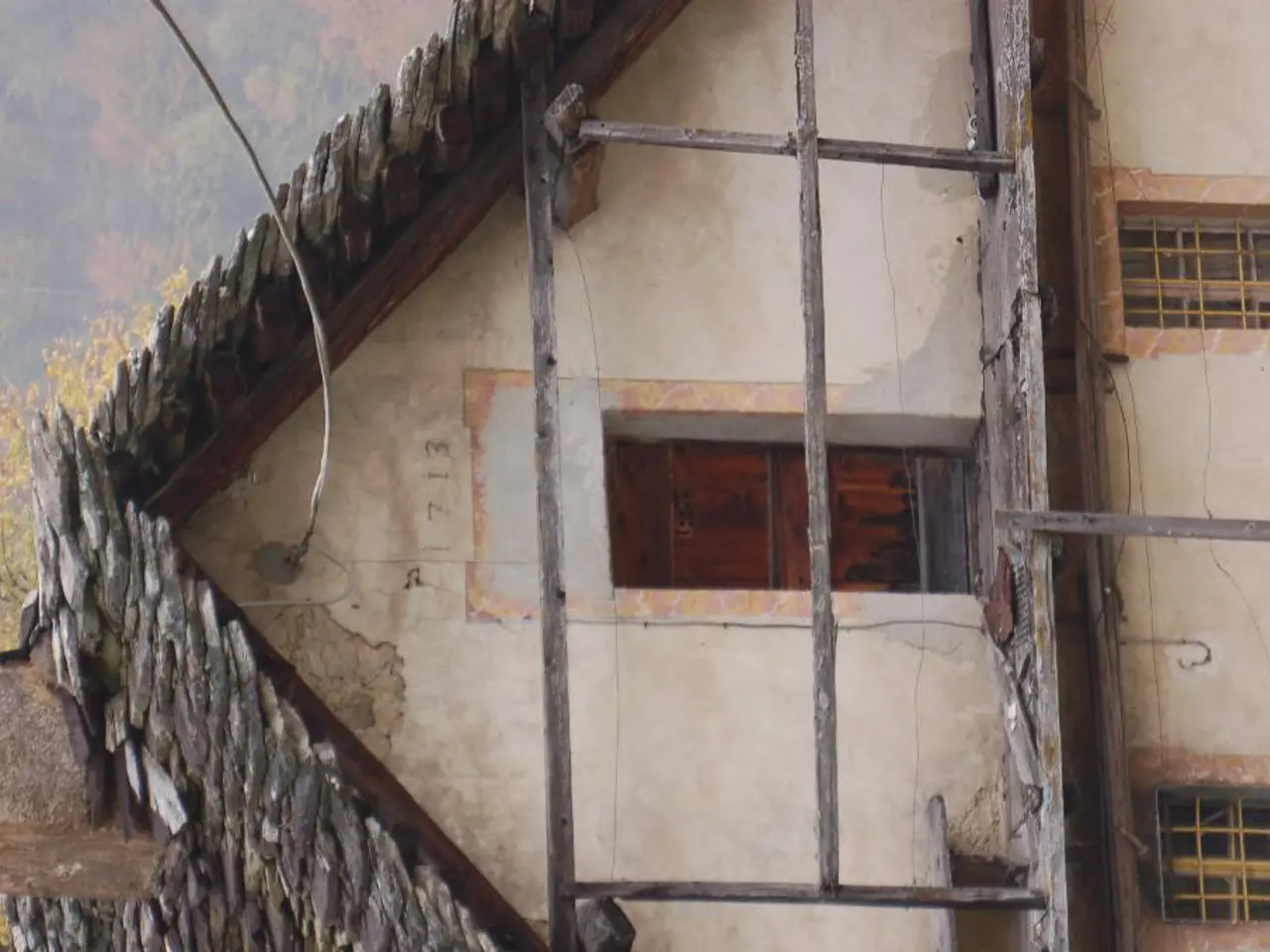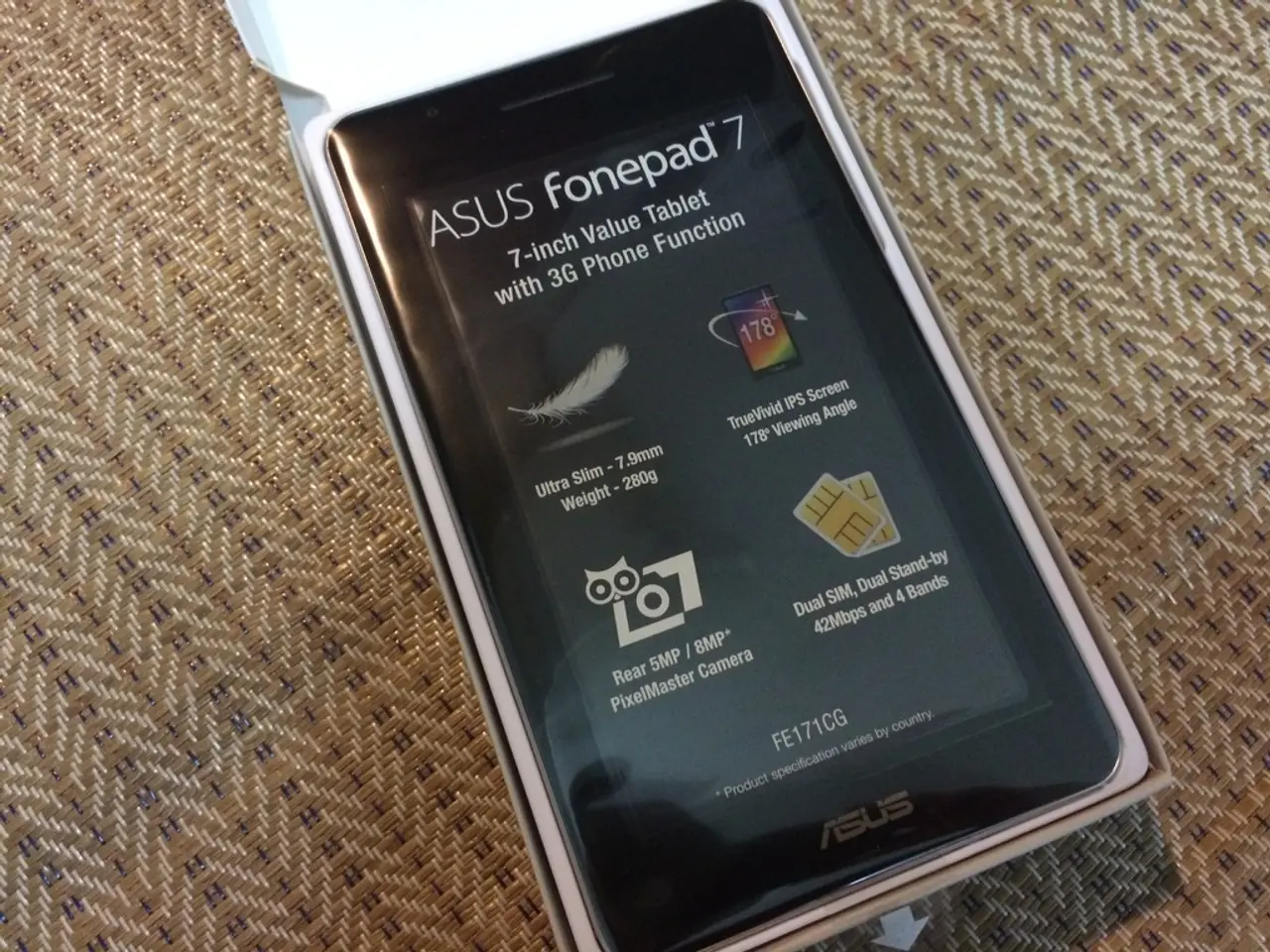Revolutionary Lithium Battery Center Stirring Up Solid-State Innovation Landscape
In the bustling city of Huizhou, Guangdong, China - a significant hub in the lithium battery industry - a groundbreaking innovation is taking shape. Lyric Robot, a local battery automation equipment provider, has developed a dry-coating technology that offers a more efficient, cost-effective, and eco-friendly alternative to traditional wet-coating methods.
Traditional wet-coating processes, while common in lithium battery manufacturing, are costly due to the need for drying and result in significant energy loss, as well as using volatile and toxic organic solvents. In contrast, Lyric Robot's dry-coating technology eliminates the need for solvents and high-temperature drying processes, making it more environmentally friendly and economical.
The cost comparison between the two methods is stark. Dry-coating minimises production costs by avoiding the use of additional equipment and energy-intensive drying processes. On the other hand, wet-coating requires solvents and drying processes, increasing production costs.
Energy efficiency is another area where dry-coating outperforms wet-coating. Dry-coating minimises energy loss by not requiring high-temperature drying processes, making it more energy-efficient. In contrast, wet-coating results in significant energy loss due to the need for drying the solvents used in the slurry preparation.
Environmental impact is also a concern in lithium battery manufacturing. The use of solvents in wet-coating poses environmental concerns due to their toxicity and volatility. Disposal and management of these solvents can be hazardous. In contrast, dry-coating technology is more environmentally friendly because it eliminates the use of these solvents, reducing chemical waste and environmental risks.
Lyric Robot's dry-coating technology has already made significant inroads, securing new orders for module assembly lines in the United States and winning a landmark contract from a major domestic automaker for the industry's first complete sulfide-based solid-state battery production line. The company is also actively expanding into emerging markets such as India, the Czech Republic, and Poland.
The city of Huizhou is making advancements in the solid-state battery sector, with innovative energy storage technology being developed by companies like EVE Energy. EVE Energy's all-solid-state battery 1.0 is expected to operate reliably under a wide temperature range and under pressures below 20 MPa. The company plans to launch its first-generation all-solid-state battery with an energy density of 350 Wh/kg and 800 Wh/L by 2026.
The new energy storage segment in Huizhou contributed 49.25 billion yuan in output last year, an increase of 17.2 percent. The city's electronic information industry cluster reported a total output of 244.65 billion yuan from January to May, up 13.9 percent year-on-year.
As the demand for more sustainable and energy-efficient solutions grows, dry-coating technology is poised to become the mainstream method for both solid-state and liquid lithium-ion batteries. Beyond the disclosed contracts, Lyric Robot is also actively engaged in technical discussions with several top-tier industry clients on full solid-state battery production lines.
In conclusion, Lyric Robot's dry-coating technology offers a promising solution to the challenges posed by traditional wet-coating processes in lithium battery manufacturing. With its triple safety protection system, full-process coverage for mass production of all-solid-state batteries, and significant advancements in energy efficiency and environmental friendliness, Lyric Robot is leading the way in the battery automation industry.
Science and technology are at the forefront of the innovative advancements in Huizhou, Guangdong, China, particularly in the lithium battery industry. Lyric Robot, a local battery automation equipment provider, has developed a dry-coating technology that not only provides a more efficient and cost-effective alternative to traditional wet-coating methods, but also boasts greater energy efficiency and environmental friendliness due to the elimination of volatile and toxic organic solvents, as well as energy-intensive drying processes.




